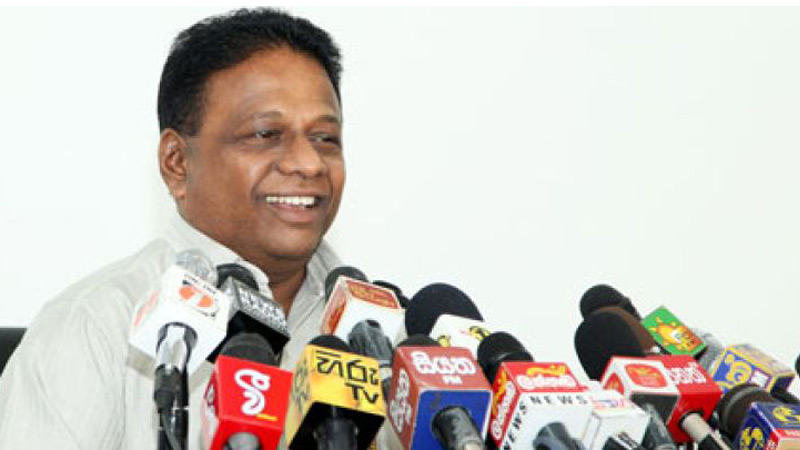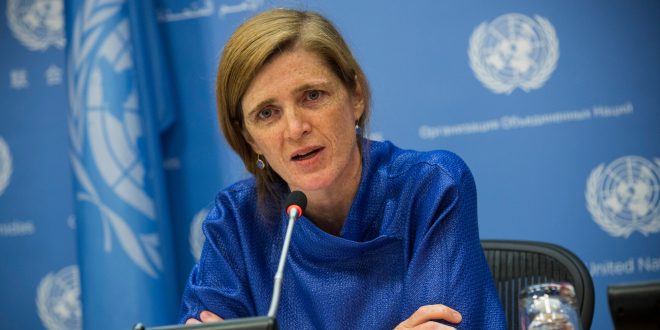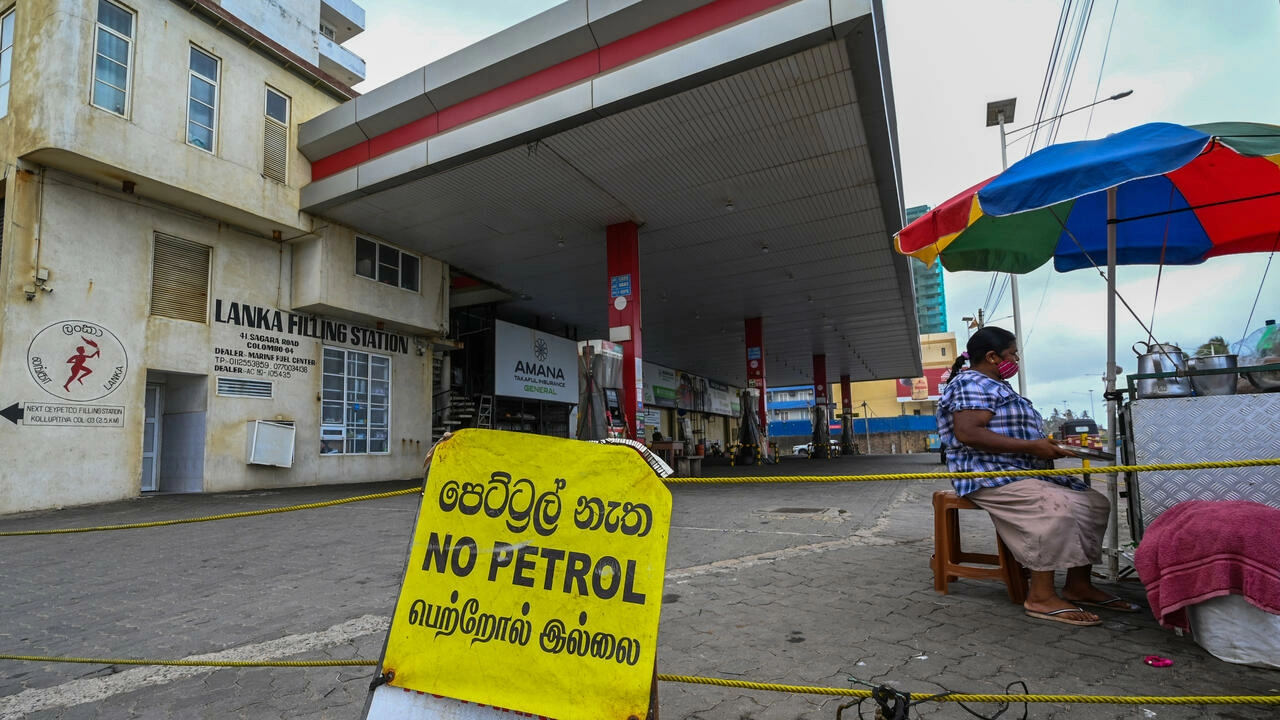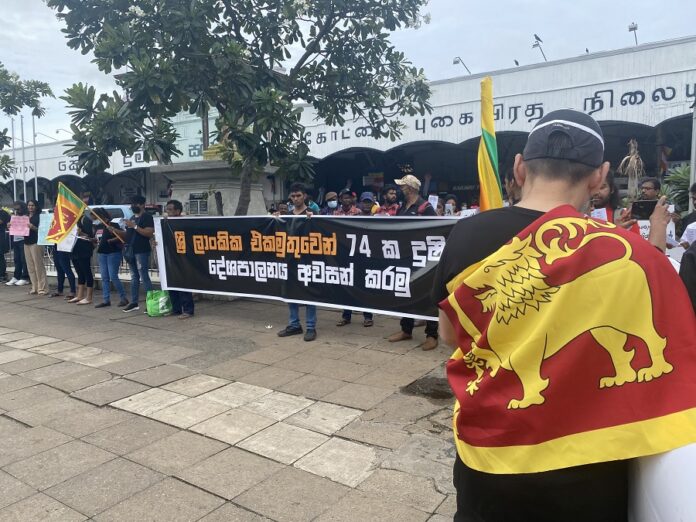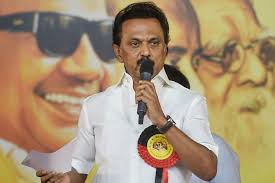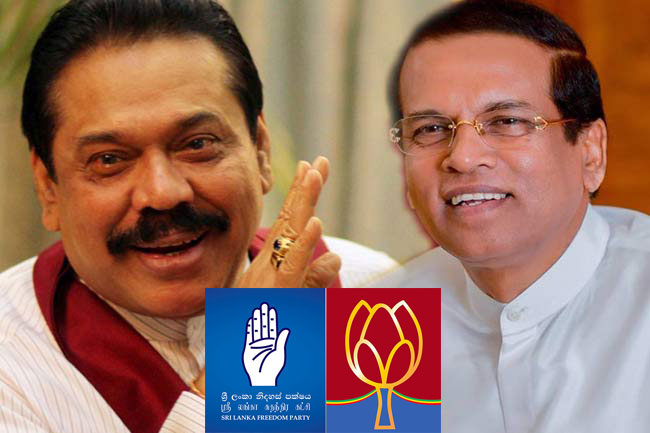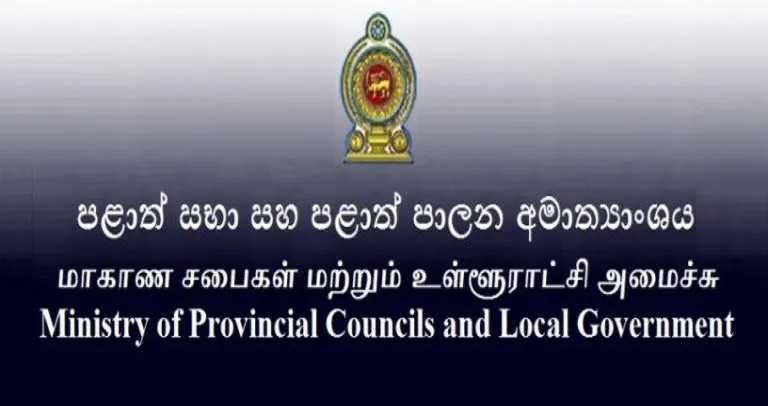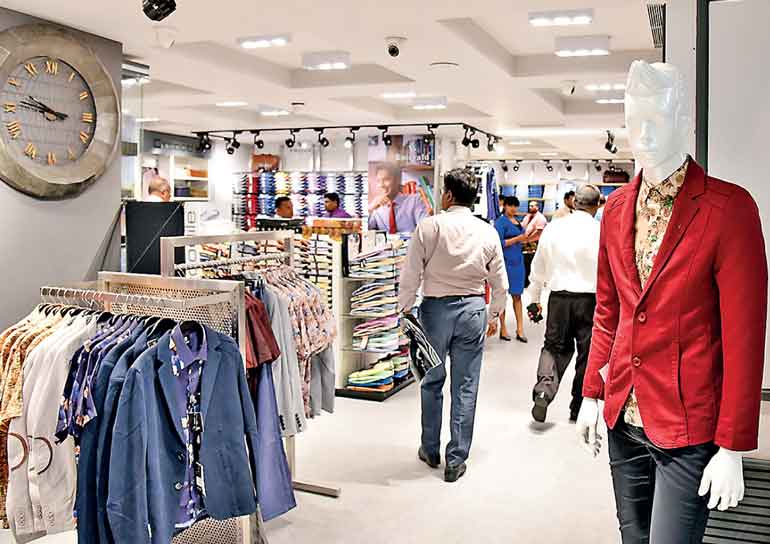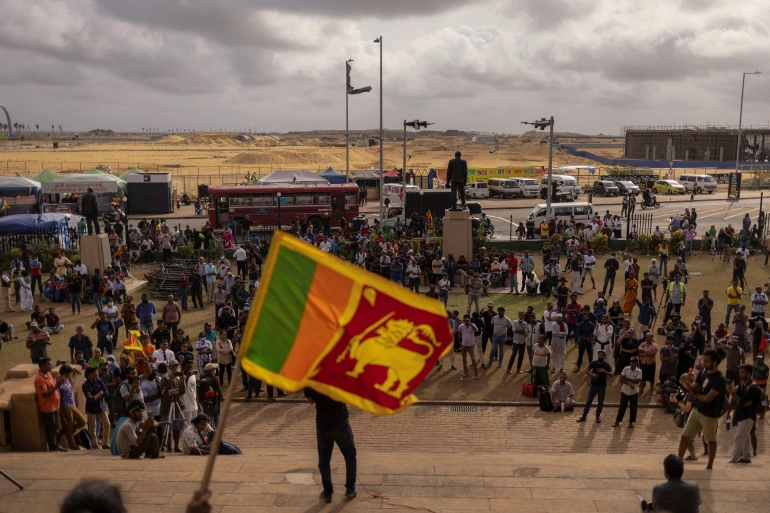Following President Ranil Wickremesinghe, in his capacity as Minister of Finance, issuing regulations temporarily suspending the importation of over 300 items with effect from Tuesday (23) under the Imports and Exports (Control) Act, many sectors in the country are facing issues and are in dire straits.
The import of over 300 items has been temporarily suspended with effect from Tuesday under the Imports and Exports (Control) Act through a Government notification by the Finance Ministry. The host of items included in the list range from chocolate and other food preparations containing cocoa, condensed milk, yoghurt, coconuts, coconut based arrack, roses, perfumes, beauty or make-up preparations, deodorants and dental floss, to trunks, suitcases, briefcases, and various clothing items.
Speaking to The Morning, salon owner and beautician Udeshika Perera said that the industry is at great risk due to the ban, and the shortages.
“We can’t afford to retain several staff members due to this crisis, as we can’t pay them. Now, most of the products we use are also banned, and the products in the market are highly priced. We cannot provide certain services due to the shortage.”
She also said that even though they are willing to provide services using locally manufactured brands, those are also lacking due to the shortage of ingredients imported from other countries.
At Pettah, the small- and medium-scale shop owners also raised concerns over the latest ban, saying that the price of bags and shoes would increase to the point where people cannot afford to buy them.
“I sell imported luggage bags, and the current price is at Rs. 6,000. I think that it would increase up to Rs. 10,000. We might have to close our shops,” he said.
According to shoe-sellers in Pettah, they are having a difficult time selling shoes at the moment due to the high price. “Customers will run when we tell them the price. It’s that expensive now.”
Speaking to The Morning, Channy Ceylon Clothing Owner Dilini Warnasooriya, representing the apparel industry, said that the production sector is facing a lot of difficulties due to the material shortage.
“Normally, we import swimwear from Bangkok, Thailand, and sell it at a price of Rs. 2,000, but now the price of the material could also increase. Even if we try to produce them locally, we will not be able to achieve a profit, since the customers will not be able to afford the prices. A yard of fabric has increased from Rs. 375 to Rs. 575, while the prices of clothes have increased from Rs. 2,000 to Rs. 5,000. Now, clothes have become a special commodity.”
Meanwhile, the owner of a cosmetic shop in Maharagama said that they could provide shampoo and other cosmetics at a normal price since they have already been imported, but that the next shipment would cost double the price.
Meanwhile, the traders of Pamunuwa, Maharagama, also protested against the increase of electricity tariffs by 75%.
“I think that this decision was made to destroy small-scale industries. If the Government is trying to stop bringing in material, then they should have a plan to produce locally.”
Another said that the prices of all materials have increased at the moment.
“This protest is not to change the Government, but to show our struggle. We want to live. More than one million people depend on this business. Is the Government asking us to engage in farming instead?”
At Pamunuwa, 70% of those in stalls are women. They start their business early in the morning at around 4 a.m.
One of them told The Morning: “No one buys clothes from us. The price of skirts has increased from Rs. 550 to Rs. 1,000. We urge the Government to provide us with solutions.”
The regulation was issued by President Wickremesinghe in his capacity as the Minister of Finance, Economic Stabilisation, and National Policies, in terms of the powers vested in him by Section 20 of the Imports and Exports (Control) Act, No. 1 of 1969. Cited as the Imports and Exports (Control) Regulations, No. 13 of 2022, it temporarily suspended the importation of items listed under 305 Harmonised System Codes, effective from Tuesday, and effective until further notice.
However, it states that any goods specified in these regulations, which have been shipped onboard with the date of bill of lading and airway bill on or before Tuesday, and which arrive at any seaports or airports in Sri Lanka on or before 14 September 2022, shall be cleared for Customs clearance. It also says that the regulations shall not be applied for the importation of any goods specified in these regulations by any enterprises or operators approved under the Temporary Importation for Export Purposes Scheme of the Customs, or any enterprises approved under Section 17 of the Board of Investment of Sri Lanka Law.
It further states that the importation of any goods, specified in these regulations, by any approved enterprises for processing and re-export purposes may be allowed by the Controller General of Imports and Exports on the recommendation of the Secretary to the Ministry of Industries, or the Export Development Board Director General, on a case-by-case basis.
Source: The Sunday Morning


